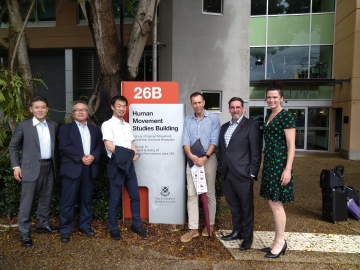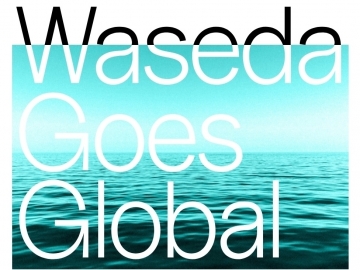■Date & Time
Monday, 29 January 2018, 16:30-18:00
■Venue
Room 308, Bldg.8, Waseda Campus
■Title
“Migrations through Mediterranean Corridors: Some Law of the Sea and Human Rights Issues”
■Lecturer
Professor Guiseppe Cataldi
(Professor of International Law, University of Naples “L’Orientale”
Chair, Jean Monnet “Centre of Excellence on Migrants’ Rights in the Mediterranean”
President, International Association of the Law of the Sea)
■Abstract
Migration through the Mediterranean Sea has to be considered nowadays no more as an “emergency”, but as a steady situation in need of a stable policy and management rules due to the permanent crisis in Africa and Middle East Region. The first urgency is always to save lives at sea, and the Italian Mare Nostrum Operation has been a good example. It was not followed, unfortunately, by EU choices, and this caused the loss of many lives, as it will be shown. At present, border surveillance and the fight against trafficking and smuggling of migrants seem to be the priorities in EU policy and action.
The EU Asylum “Dublin System” is now facing a huge crisis and the new models, in particular the “Statement” agreed with Turkey, as well as bilateral treaties with States like Libya, do not convince from a legal point of view, because migrants deserve a special attention, based on human rights international standards, and refugees have the right to be recognized 1951 Geneva Convention principles, mainly the non-refoulement principle. To this it must be added that our analysis shows that the entire international legal framework seems to be inadequate, as it was adopted to regulate situations of distress different from the current massive phenomenon of migration in the Mediterranean Sea. An effort is necessary for good faith compliance not only with Law of the Sea obligations, but also with those arising from complementary sources of refugee and human rights law. The time has come, therefore, for the international community, for EU Member States in particular, to exit the logic of emergency and formulate a lasting policy to manage migrations, implementing EU Lisbon Treaty and EU Charter Fundamental Rights’ principles based on solidarity and respect of human rights, as well as on true cooperation among States.
■Language
English
■Audience
Students, faculty members and general public
■Admission
Free








